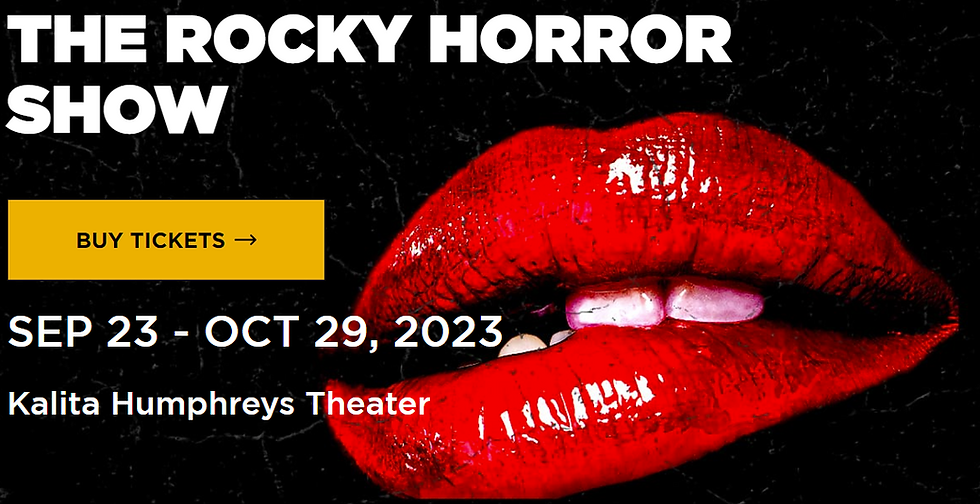Rob Reviews "Falsettos"
- Rob Ervin

- Feb 13, 2019
- 2 min read

The late ‘70s and early ‘80s were a very interesting transitional time in our contemporary history. Americans were dealing with upheaval politically, socially, economically, and even personally. And if you are going to be portraying a story that deals with a man who leaves his wife for another man with their adolescent son caught in the middle of it all while his mother falls for the psychiatrist that is treating all three of them against Judaism and New York City, why not set it there? Well, that is where “Falsettos” finds itself and is at the Winspear Opera House in Dallas through February 17th.
This production combines the second and third stories from a trio of off-Broadway musicals (the first was called “In Trousers,” and this combines “March of the Falsettos” and “Falsettoland”), and features Max von Essen as Marvin, the man who realizes that he would rather be with Whizzer (Nick Adams) after divorcing his wife Trina (Eden Espinosa). Nick Blaemire plays Mendel, the psychiatrist in reference while Thatcher Jacobs plays Jason with Bryonha Marie Parham and Audrey Cardwell play their lesbian neighbors (whose characters were not in the original stories and added in the 1990 version of the production). With a very imaginative stage setup of a large cube of put-together shapes that when separated become the props and sets of the various scenes and shadowed by the skyline of New York City in 1979 and 1981, this can only be described as a contemporary opera featuring over forty different songs and about that many words of dialogue spoken.
I think I fall in line with my show mates here when I write that I am a bit confused about how I feel about “Falsettos”. With one of the most ingenious set designs this side of “The Curious Incident of the Dog in the Night-Time” and a story that is both gripping and powerful, I simply found myself shifting around in my chair as it unfolded, looking at my watch a number of times. Perhaps it was because of its format (and I do fancy myself to be a bit cultured) that seemed to stretch things out here, but this just feels really long. Fortunately, this cast is nothing short of stellar, with both Espinosa and Jacobs absolutely shining here in an ensemble that all holds their own masterfully. Even in moments where the dialogue gets muddy as the entire cast is singing different conversations, the power and emotion is all there, but I just felt that as an audience we were slogging through a muddy marsh to get to the ending that works on multiple levels even as we left the auditorium with no one on stage.
Combining its subject matter with its time frame should be tells that this is not the feel-good story of the year, but do not let that keep you away if you have not felt the need to do so thus far. “Falsettos” is not a bad production by any stretch, but it’s just different, and as much as I want to celebrate everything about it, there is that same exact amount of things that don’t let me get quite there either.






Comments